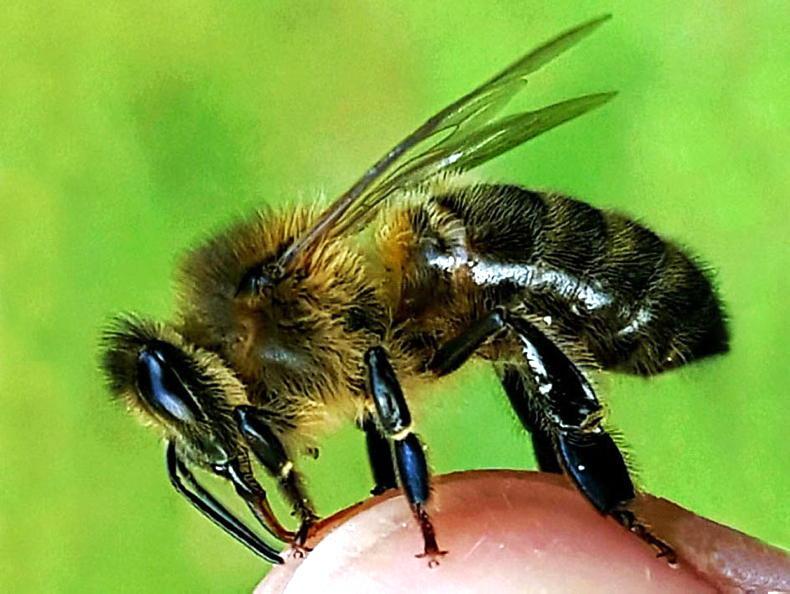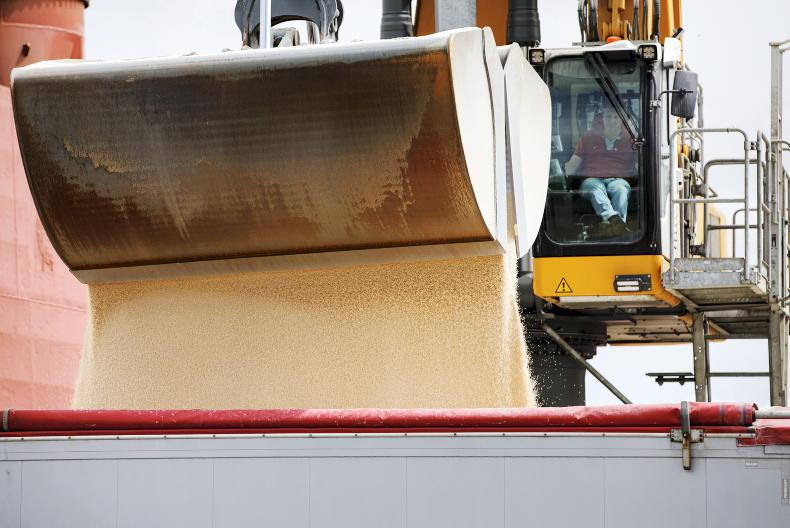The UK government has approved a temporary emergency authorisation for the use of a neonicotinoid pesticide on the 2022 sugar beet crop in England.
The authorisation was granted due to the risk to the crop from yellows virus. Emerging sugar beet seedlings are vulnerable to predation by aphids which have the potential to spread beet yellows virus.
Sixty-three percent of the UK’s sugar comes from domestic production of sugar beet.
The outdoor use of the neonicotinoids imidacloprid, thiamethoxam and clothianidin was banned in May 2018 over concerns that the chemicals are harmful to bees and other pollinators.
However, in 2020, many UK growers suffered severe losses from the virus and, as a result, emergency authorisation was granted in 2021.
The time-limited emergency authorisation of the seed neonicotinoid treatment Cruiser SB (thiamethoxam) will provide emergency protection against this virus.
Conditions
Conditions of the authorisation include a reduced application rate, as well as a prohibition on any flowering crop being planted in the same field where the product has been used within 32 months of a treated sugar beet crop.
There will be an initial threshold for use, meaning that seed treatment will only be used if the predicted level of virus is at or above 19% of the national crop.
If the virus threshold is not met, then the neonicotinoid treated seed will not be used.
Justified
The European Food Safety Authority (EFSA) has recently completed its assessments of emergency authorisations granted by 11 EU member states for the use of neonicotinoid-based insecticides on sugar beet in 2020 and 2021.
The assessments cover 17 emergency authorisations for plant protection products containing clothianidin, imidacloprid, thiamethoxam and thiacloprid granted by Belgium, Croatia, Denmark, Finland, France, Germany, Lithuania, Poland, Romania, Slovakia and Spain.
In 2020, the European Commission asked EFSA to assess whether the emergency authorisations granted by the member states were justified because there was a danger to crops “which cannot be contained by any other reasonable means”, in line with the EU Plant Protection Products Regulation.
EFSA has concluded that in all 17 cases the emergency authorisations were justified, either because no alternative products or methods – chemical or non-chemical – were available or because there was a risk that the pest could become resistant to available alternative products.










SHARING OPTIONS